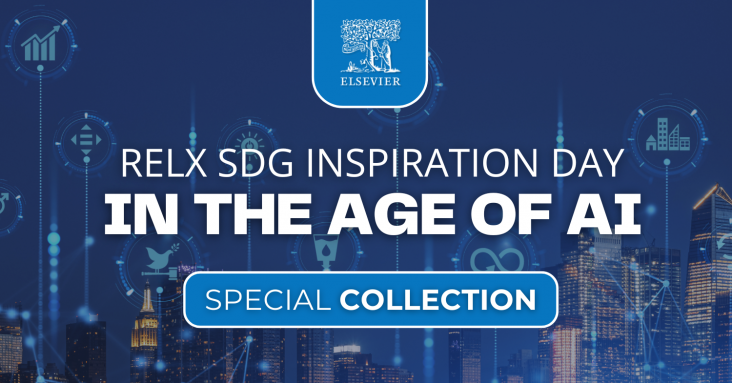Promote peaceful and inclusive societies for sustainable development, provide access to justice for all and build effective, accountable and inclusive institutions at all levels
This research examines how indigenous archaeology and how the emergence of the first urban centers in the Mongolian steppe coincided with the establishment of the Uyghur Khaganate during the mid-eighth century CE.
Findings relating to the level of awareness of agricultural radio programmes in the three selected states show that more farmers in Nasarawa State are aware of agricultural programmes than those from the other states.
This archaeological anthropology paper discusses women's profound contributions to Arctic society. It looks at how needles are, and were, important women’s tools in the Iamal region of Siberia. How women’s sewing skills are crucial for the well-being of Arctic. families. How they form part of the women's cultural identities.

This year’s RELX SDG Inspiration Day will bring together global AI leaders, corporate representatives, investors, government, and NGOs to explore issues, gain practical insights and be inspired to take action in support of the Global Goals. Elsevier is proud to share this special collection of articles and chapters in celebration of this event.
This research emphasizes the importance of equitable governance and recognizing the leadership roles of Indigenous peoples and local communities in conservation efforts. The study suggests that more positive ecological outcomes are associated with governance structures that give Indigenous peoples and local communities equal partnership or primary control, aligning with the goals of the International Day of Indigenous Peoples to elevate their leadership roles and respect their rights and customary institutions in conservation initiatives.
This research provides archaeological evidence for free or enslaved Indigenous and African individuals during colonial times in Quebec, where written accounts of African people are few and limited.
The study forecasts AI-based innovation's impact on SDGs in 22 countries from 2022 to 2030 using System Dynamics Modeling. In most of the 22 countries studied, AI-based innovation positively affects SDGs 1, 3, and 5. For half of the countries studied, AI-based innovation positively influences SDGs 2, 4, 6–8, 11, 13, and 16–17. AI-based innovation does not positively influence SDGs 10, 12, 14–15 for most countries studied.
Settling the record: 3,000 years of continuity and growth in a Coast Salish settlement constellation
Journal of Anthropological Archaeology, Volume 73, March 2024
The research highlights how, for Indigenous people across the globe, being connected to traditional lands and histories continues to be of paramount importance. To document this connection on one river system in the Pacific Northwest Coast of North America, the researchers have compiled archaeological evidence from 14 settlements occupied between 3,000 years ago and the early 20th century.
This research provides an ethnographic review of hunter-gatherers' profound relationships with trees, today and into the deep past. In the modern west we sometimes ignore our profound human relationship with trees.
This study emphasizes the importance of adopting nexus approaches in Arctic governance to address the complex interactions between climate change, biodiversity loss, land use pressures, and local livelihoods. While Arctic policies often incorporate nexus elements, there is a need to better recognize the agency and impact of local communities and traditional livelihoods in decision-making processes. This aligns with the goals of the International Day of Indigenous Peoples by highlighting the significance of involving indigenous communities in environmental governance and promoting cross-sectoral policies that consider their perspectives and contributions.
